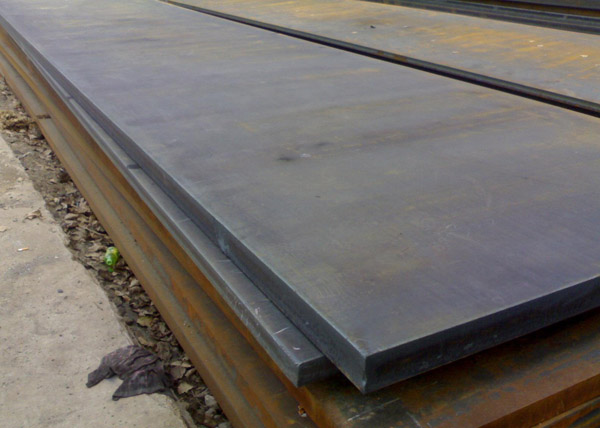A204
ASTM A204 Grade B is categorized as Alloy Steel. It is composed of (in weight percentage) 0.27% Carbon (C), 0.9% Manganese (Mn), 0.035% Phosphorus (P), 0.04% Sulfur (S), 0.15-0.30% Silicon (Si), 0.45-0.60% Nickel (Ni), 0.45-0.60% Molybdenum (Mo), and the base metal Iron (Fe). Another common designation of ASTM A204 Grade B alloy steel is UNS K12020.

Steel is the common name for a large family of iron alloys. Steels can either be cast directly to shape, or into ingots which are reheated and hot worked into a wrought shape by forging, extrusion, rolling, or other processes. Wrought steels are the most common engineering material used, and come in a variety of forms with different finishes and properties. Alloy steels are steels that exceed the element limits for Carbon steels. However, steels containing more than 3.99% chromium are classified differently as stainless and tool steels. Alloy steels also includes steels that contain elements not found in carbon steels such as nickel, chromium (up to 3.99%), cobalt, etc.
The typical elastic modulus of alloy steels at room temperature (25째C) ranges from 190 to 210 GPa. The typical density of alloy steels is about 7.85 g/cm3. The typical tensile strength varies between 758 and 1882 MPa. The wide range of ultimate tensile strength is largely due to different heat treatment conditions.



